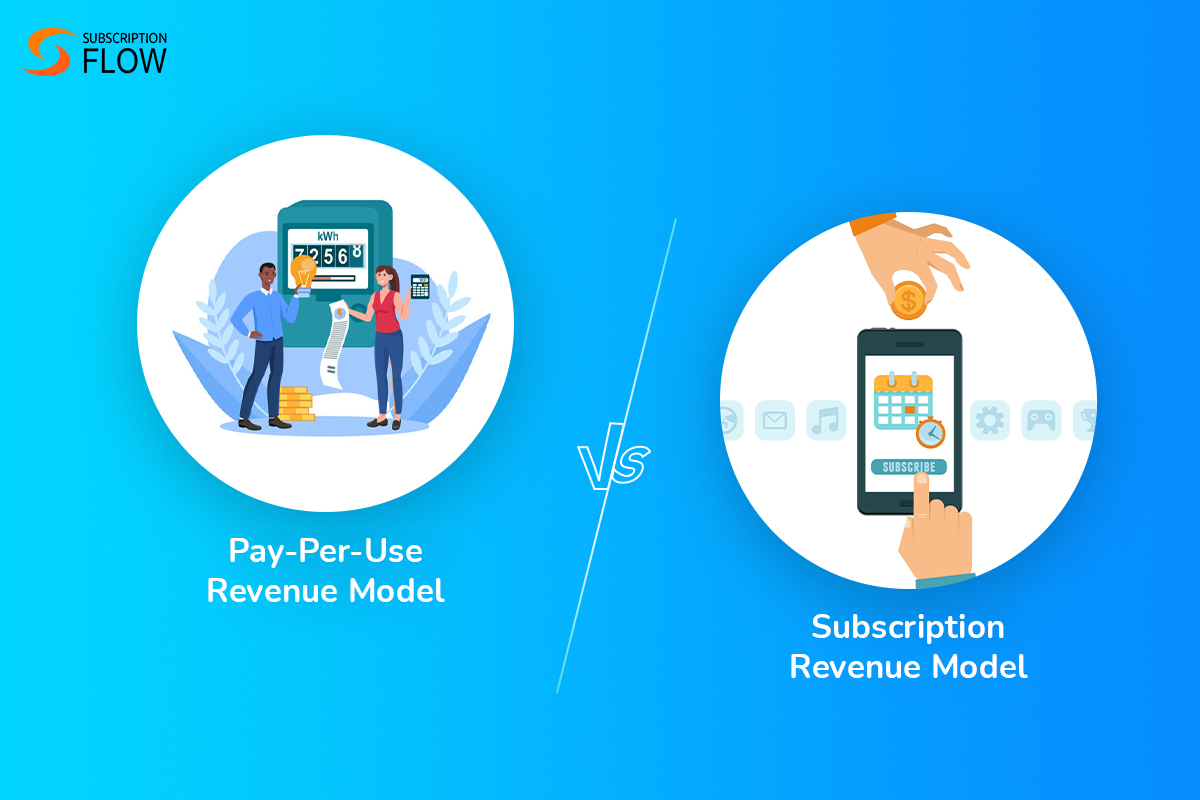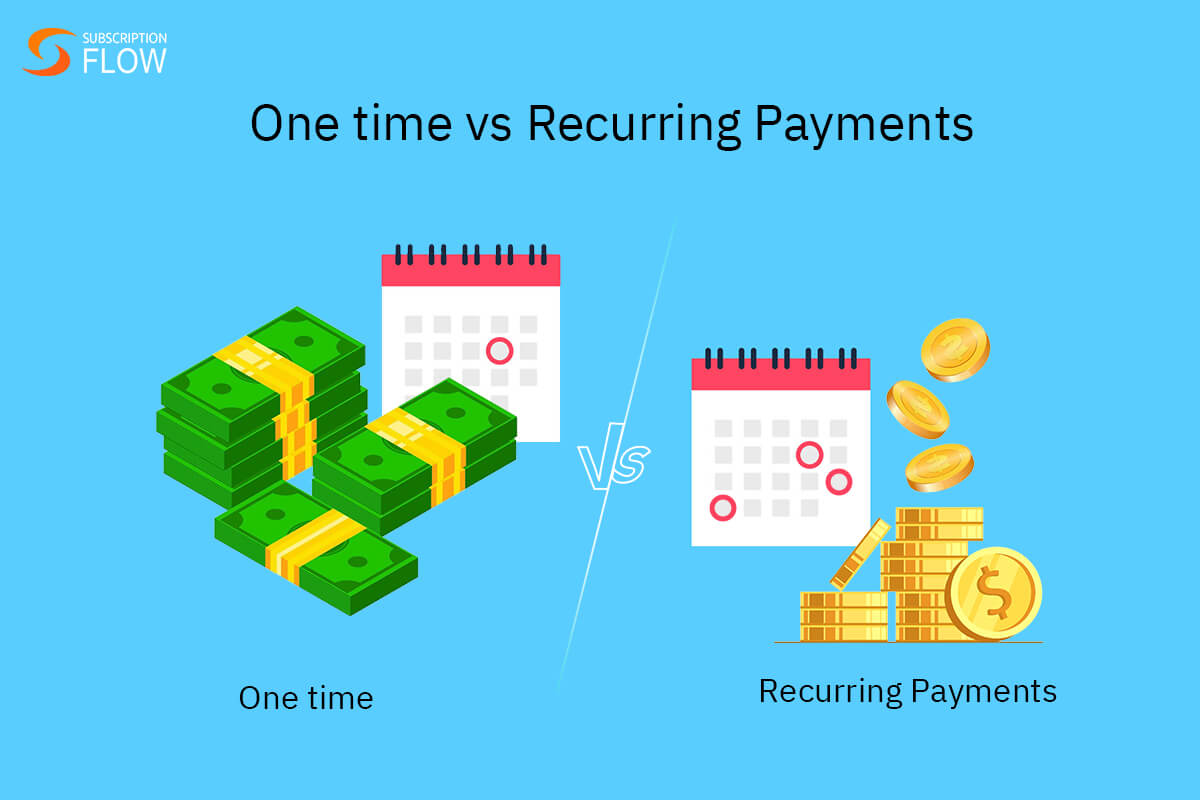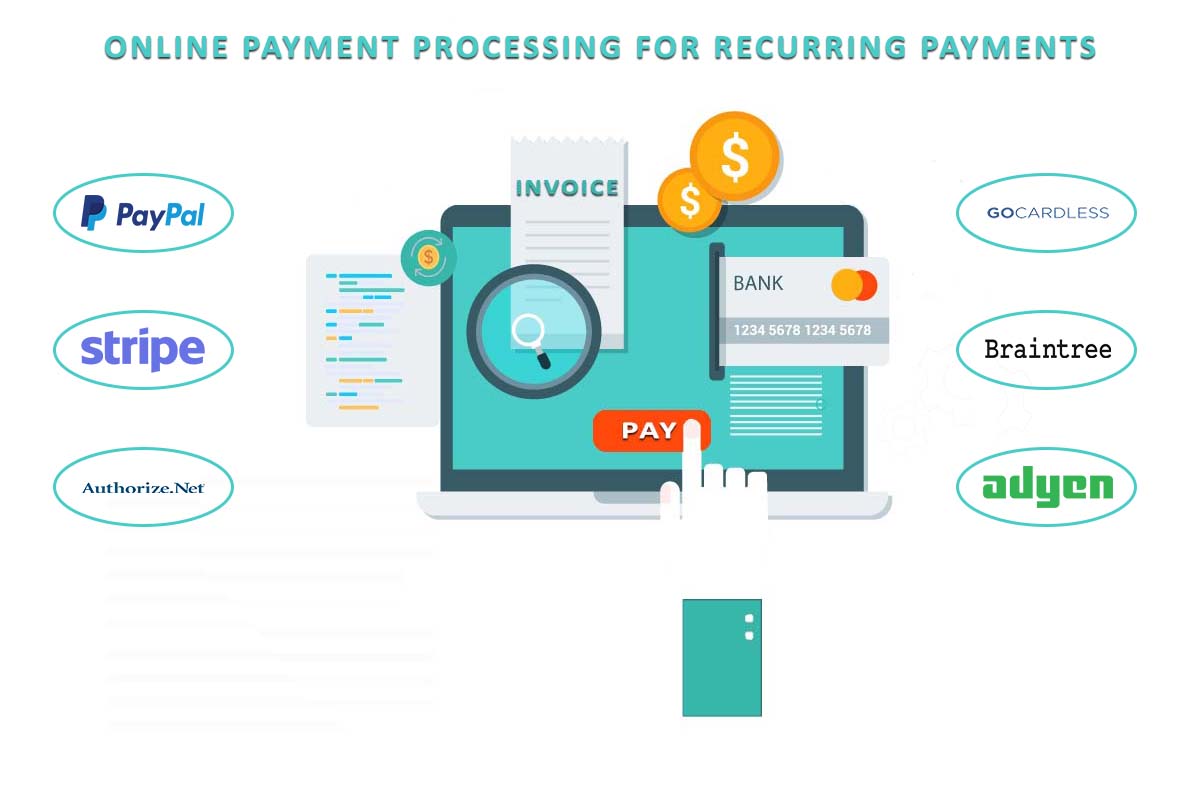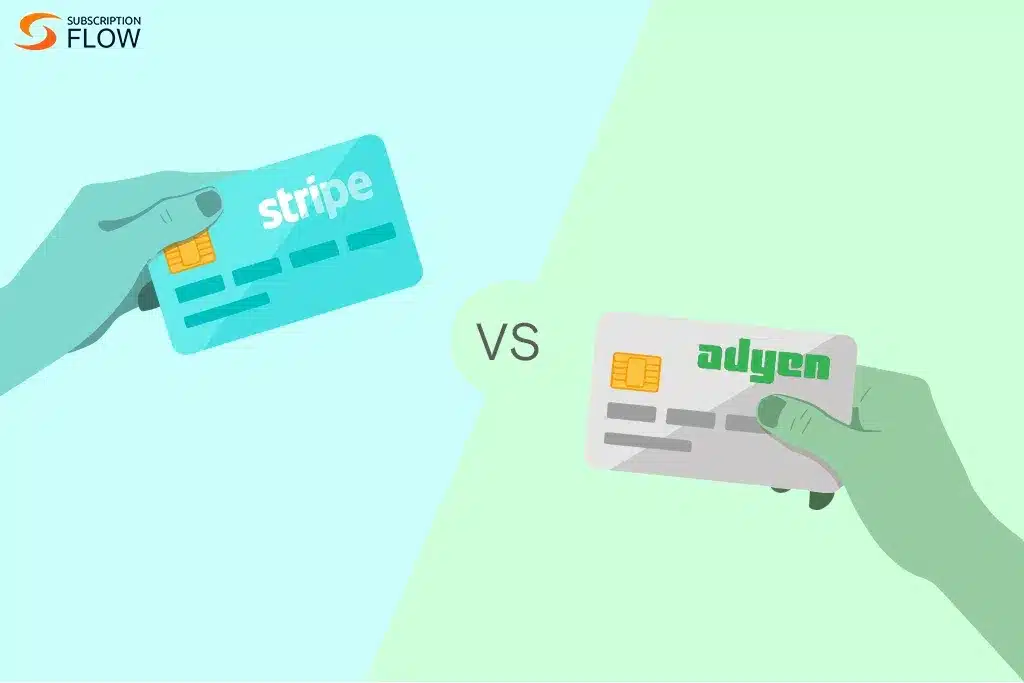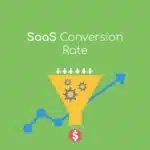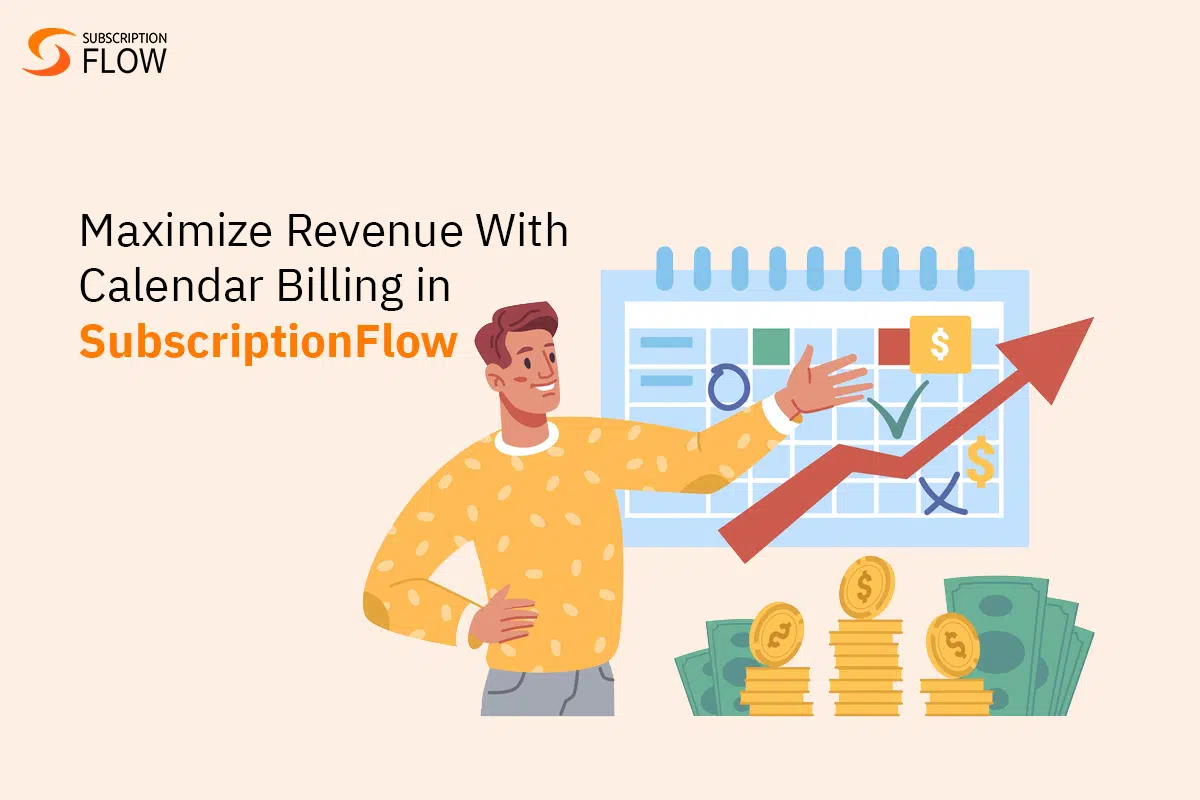
How does Calendar Billing Lead to Maximized Revenue and Streamlined Operations in SaaS?
To maximize revenue and streamline the business operations, it is necessary to have a systemized way to manage things in accordance with the schedule.
As important as schedules are to carry out the processes, calendar billing in SaaS has the same value. As all the revenue processes start from the point of billing, it is necessary to have a clear and set calendar to automate the billing processes while you deal with a number of clients or customers using different billing approaches.
Subscription companies typically bill their customers on the date they sign up or when their subscription is activated. This standard billing process, however, may not be appropriate for all business scenarios. Your company may want to set a consistent billing date for all of its customers and align all subscriptions to make it easier to predict and track revenue. Calendar billing allows you to set specific billing dates for your customers regardless of their signup date.
Running a subscription business comes with using different approaches and different billing models. Not all billing preferences are suitable for all and if someone wants to have a uniform billing date then calendar billing is the model they opt for.
Read More: How Account Expansion Invigorates Flow of Recurring Revenue
Calendar billing
Calendar billing is a billing model in which the billing date of the user can be changed as per the financial cycle of the user. It gives users the edge of flexibility to set up the dates for the billing of every subscription.
There is a slight difference between calendar billing and anniversary billing. Anniversary billing is the date when you charge your customers at the date of subscription started. But calendar billing is when you charge customers at the start date irrespective of the date when the subscription was started.
If you want to set up a scheduled and uniform date for billing the customers for subscriptions, then calendar billing would be the right choice.
The real question that arises after this is how setting up calendar billing can lead to generating the maximum revenue along with streamlining your business operations, seamlessly. without any further ado, let’s look into this.
Predictable Revenue
The edge that has SaaS and subscription businesses is that they give you predictable revenue. But with calendar billing, it gets smooth and easier to predict the cash flow and the potential revenue that would be generated by the sales. By synchronizing the billing date of all the subscriptions, you are enabled to predict your monthly recurring revenue and annual recurring revenue.
You will be aware of the amount of cash that will flow into the company’s account not only during each billing cycle but also throughout the client lifecycle because the payment and frequency were agreed upon at the time of purchase. Your ability to predict and quantify your expected revenue with accuracy is crucial when choosing wise investments for business growth and expansion.
Read More: How Account Expansion Invigorates Flow of Recurring Revenue
Increase Potential Revenue
Setting a consistent billing date makes it easier to invoice customers who have multiple subscriptions. Instead of sending individual invoices on separate billing dates, the invoices can be consolidated and sent as a single invoice on the payment date set by your company. It greatly benefits both customers and businesses. Consolidated invoicing eliminates the need for customers to deal with multiple invoices and allows them to pay for all of their subscriptions at once. On the other hand, it prevents revenue leakage caused by lost invoices and late payments.
Workload administration
You can set up multiple billing dates for your customers using calendar billing. As a result, customers can be divided into batches based on when they sign up for the product. Each batch can be assigned a customer support team to answer questions and follow up on unpaid invoices. As a result, the teams will not be overburdened all through the month, with each customer having a different billing date, increasing business efficiency.
Implementing Calendar billing in SaaS
Calendar billing in SaaS can be implemented in different ways using different calendar billing approaches.
Consolidated Billing
The first approach to implementing calendar billing is sending consolidated invoices. Consolidated invoices play a key role for businesses that offer more than one service to a customer and have to send the invoice separately. With the help of consolidated billing, the merchants and customers are saved from a big-time hassle as they can send one single invoice on a synchronized date instead of sending multiple invoices on multiple dates.
Setting up a new Billing date for all subscriptions
It is another way of implementing calendar billing in SaaS where the different billing dates for all the subscriptions are synchronized to a uniform billing date so that there is a uniform calendar billing.
This helps the SaaS businesses and merchants to predict the revenue easily while tracking and monitoring the revenue.
Assigning a Unique Billing Date
To implement calendar billing this way, the merchant can assign a unique date to the customer that suits their financial cycle and also match your billing cycle. It creates a win-win situation both for the merchant and the customer.
Read More: Uncomplicate The Recurring Billing Process With A SaaS Billing Software
How does the Subscription Management Platform Help Implement the Calendar Billing?
The subscription billing software is powered by automation that helps businesses to achieve their operations effortlessly. With the help of a subscription management platform, you can set up the billing date by creating segmentation, in case it is required, and the system will charge the customers on the basis of set calendar billing.
The segmentation of the customers is sometimes required in case there are different batches of customers created with different billing plans and calendar billing settings.
It is an extremely important practice to use subscription billing for enterprises and small businesses for managing calendar billing as the fact that you do not have to manage the processes manually rather it is all done through automation. Not only this, but it also streamlines the cash flow, and business flow and maximizes the revenue by synchronizing all the dates.
If you are looking for a subscription management platform, then SubscriptionFlow is here to optimize your SaaS business calendar billing. Schedule a demo with us now!

